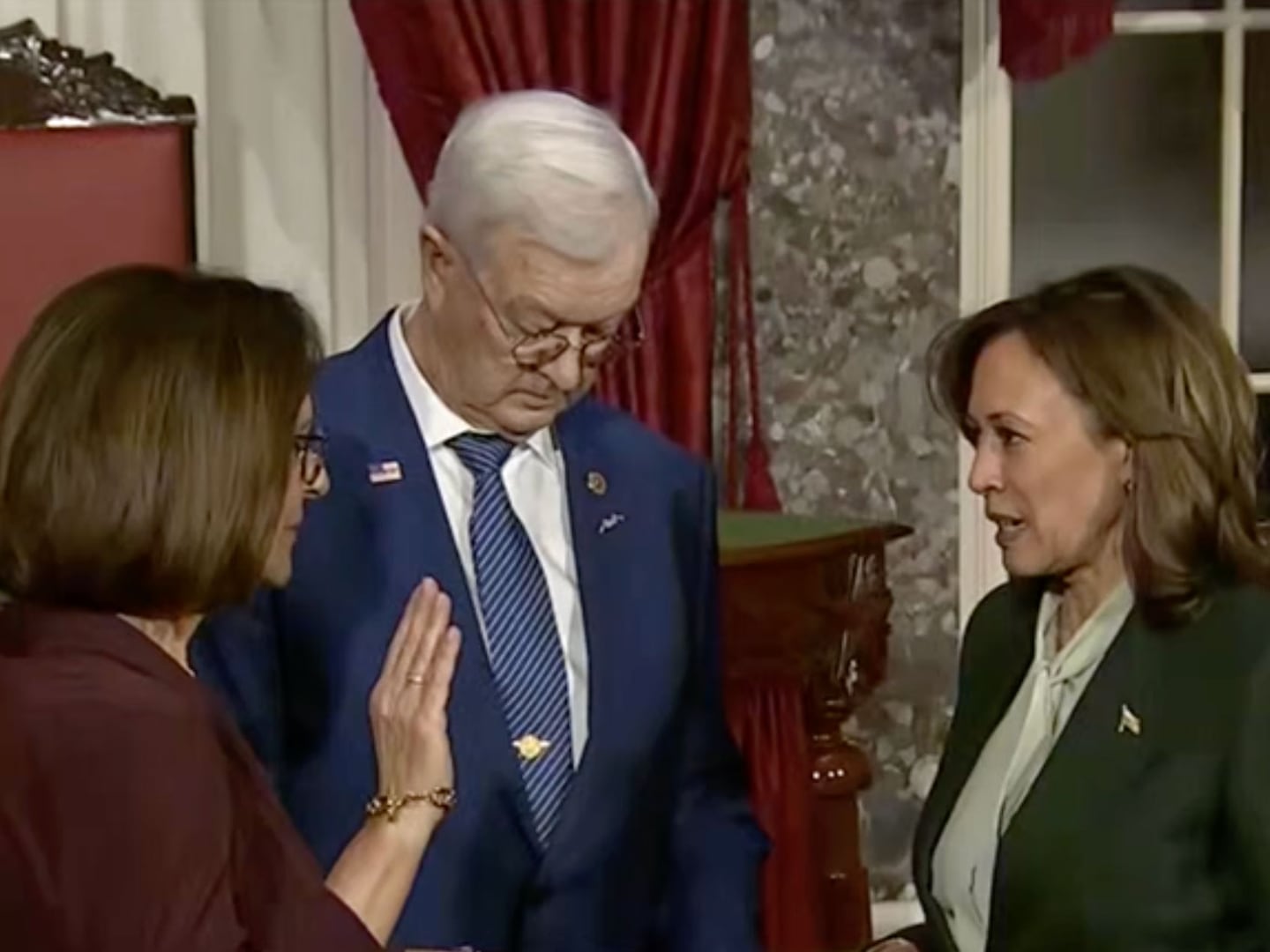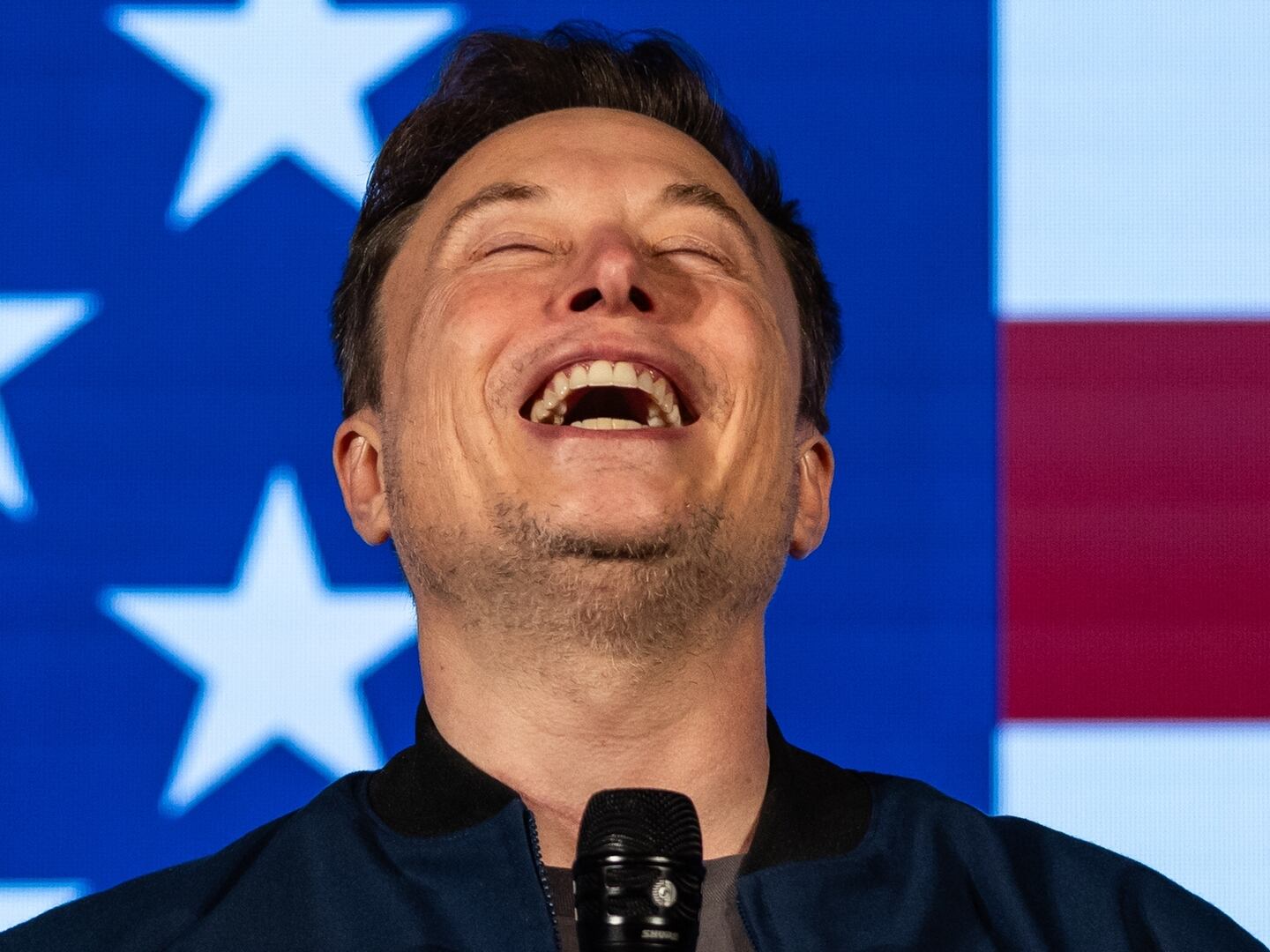Entertainment
Hilary Bronwyn Gayle/FilmDistrict via Everett
What Asian Film Remakes Like ‘Oldboy’ Get Wrong
New Order
Spike Lee’s ‘Oldboy’ exposes what’s wrong with the original Korean cult hit. Hollywood should have just stayed far away.

Trending Now





